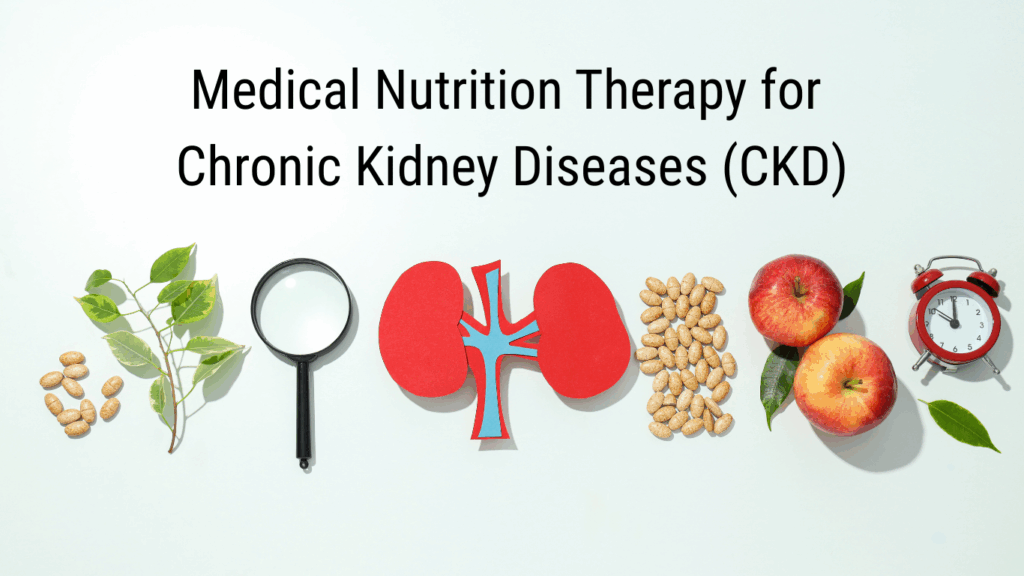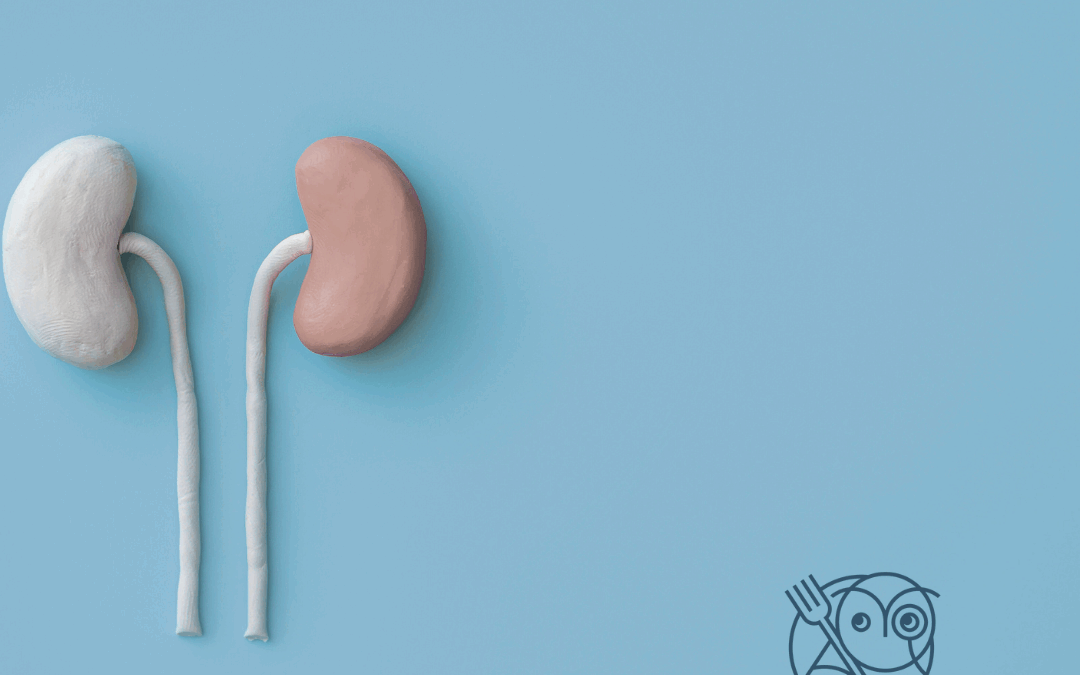A Guide to Kidney Failure Nutrition
Managing Chronic Kidney Disease (CKD) can be challenging, especially when it comes to kidney failure nutrition. Proper nutrition plays a crucial role in preserving kidney function and overall health. This article outlines key dietary modifications that can help individuals with CKD, focusing on the importance of a balanced diet, managing potassium and phosphorus intake, and the benefits of consulting a Registered Dietitian for personalized meal planning. By understanding the dietary needs associated with CKD, individuals can improve their health outcomes and maintain a better quality of life.
Kidney Failure Nutrition starts with a Balanced Diet
A balanced diet is vital for anyone, but especially for those with Chronic Kidney Disease (CKD). The kidneys play a critical role in filtering waste and excess nutrients from the body. When they are not functioning optimally, it becomes essential to adjust dietary intake to ease their burden. A well-rounded diet that includes various food groups can help manage symptoms and improve overall health. Key components of a balanced diet for CKD patients include adequate hydration, the right balance of carbohydrates, proteins, and fats, and careful management of sodium, potassium, and phosphorus levels.
Fruits and vegetables are important sources of essential vitamins and minerals. However, certain high-potassium foods, such as bananas and oranges, may need to be limited. It is also vital to include healthy fats, such as those from avocados and olive oil, which can provide energy without overburdening the kidneys. Lean proteins should be prioritized, and portion sizes may need to be adjusted based on the stage of CKD.
- Balanced diets can help manage symptoms of CKD and improve overall health.
- Including a variety of food groups ensures essential nutrients are obtained.
- Maintaining a healthy weight through balanced eating can reduce strain on the kidneys.
- Staying hydrated is vital, but fluid intake may need to be monitored in CKD.
- Meal planning can help avoid foods that are harmful to kidney health.
Managing Potassium and Phosphorus Intake
Managing potassium and phosphorus intake is crucial for individuals with CKD. Potassium is an essential mineral, but high levels can lead to serious heart problems. Foods rich in potassium include many fruits and vegetables, such as tomatoes, potatoes, and bananas. For many CKD patients, it is important to monitor their potassium levels and limit intake if necessary. On the other hand, phosphorus, found in foods like dairy products, nuts, and meat, can also accumulate in the blood, leading to bone and heart problems.
To manage potassium and phosphorus effectively, individuals should work closely with a Registered Dietitian who can provide tailored advice based on their lab results and dietary preferences. Nutrition for kidney failure may include choosing lower-potassium alternatives, such as apples instead of bananas, and being mindful of portion sizes to prevent excessive phosphorus intake.
- Potassium and phosphorus are both crucial for kidney function and require careful monitoring.
- Balancing these minerals can help prevent complications associated with CKD.
- Understanding individual limits for potassium and phosphorus is essential for personalized diet management.
- Foods high in potassium often overlap with those high in phosphorus, complicating diet choices.
- Regular lab tests can help track potassium and phosphorus levels for better dietary adjustments.

The Role of a Registered Dietitian in CKD Management
Consulting with a Registered Dietitian is one of the best steps a person with CKD can take. A dietitian specializes in nutrition and can provide personalized meal planning that takes into account the individual’s health status, dietary restrictions, and personal preferences. They can help create a balanced meal plan that ensures adequate caloric intake while managing nutrient restrictions, particularly with potassium and phosphorus.
Furthermore, a Registered Dietitian can educate patients about reading food labels, choosing suitable foods when dining out, and preparing healthy meals at home. This professional guidance is invaluable, especially when transitioning to a new way of eating due to CKD. By collaborating with a dietitian, patients can gain confidence in their food choices, leading to better health outcomes and enhanced quality of life.
- Consulting with a dietitian can lead to a tailored meal plan that aligns with health goals.
- Dietitians can provide education on reading food labels for potassium and phosphorus content.
- Regular follow-ups with a dietitian can help adjust dietary plans as CKD progresses.
- Group workshops led by dietitians can foster community support for individuals managing CKD.
- Dietitians can help navigate food options when dining out or traveling while managing CKD.
Recommendations:
1. Consult a Registered Dietitian for personalized dietary guidance tailored to nutrition for kidney failure
2. Focus on a balanced diet that includes a variety of food groups while paying attention to portion sizes.
3. Monitor and manage potassium-rich foods, opting for lower-potassium alternatives when necessary.
4. Limit phosphorus-rich foods, particularly processed foods that may contain added phosphorus.
5. Stay hydrated by drinking adequate fluids while adhering to any fluid restrictions advised by your healthcare provider.
In conclusion, managing Chronic Kidney Disease through dietary modifications is essential for maintaining health and improving quality of life. A balanced diet, careful management of potassium and phosphorus intake, and the guidance of a Registered Dietitian are key components of effective CKD management. By making informed dietary choices and seeking professional advice, individuals can navigate their nutritional needs and support their kidney health effectively. Emphasizing the importance of personalized meal planning, especially for those facing dietary restrictions, can lead to better health outcomes. Remember, every small change can contribute significantly to your overall well-being.
To optimize your nutritional approach and support your health journey, consider making an appointment with a Registered Dietitian. They can help create a personalized meal plan that suits your unique needs and lifestyle.

Nutrition Assistant (AI)
Our AI Nutrition Assistant is only allowed to access to nutrition information available for the public that our dietitians' deem to be reliable and safe. However the information found on the internet can never give you medical or nutrition advice specific to your situation. Our Nutrition Assistant is using experimental generative AI which has the potential to have the occasional hallucination and make connections that are not real, although they try thier very best!


